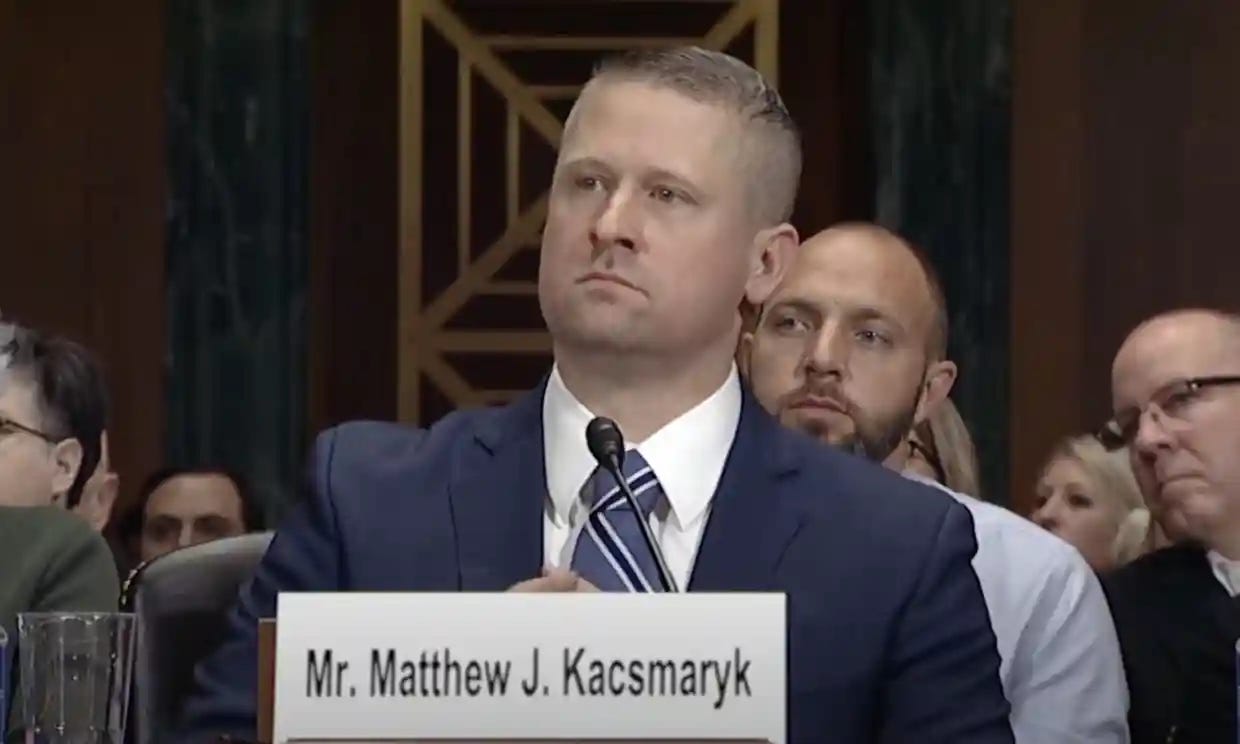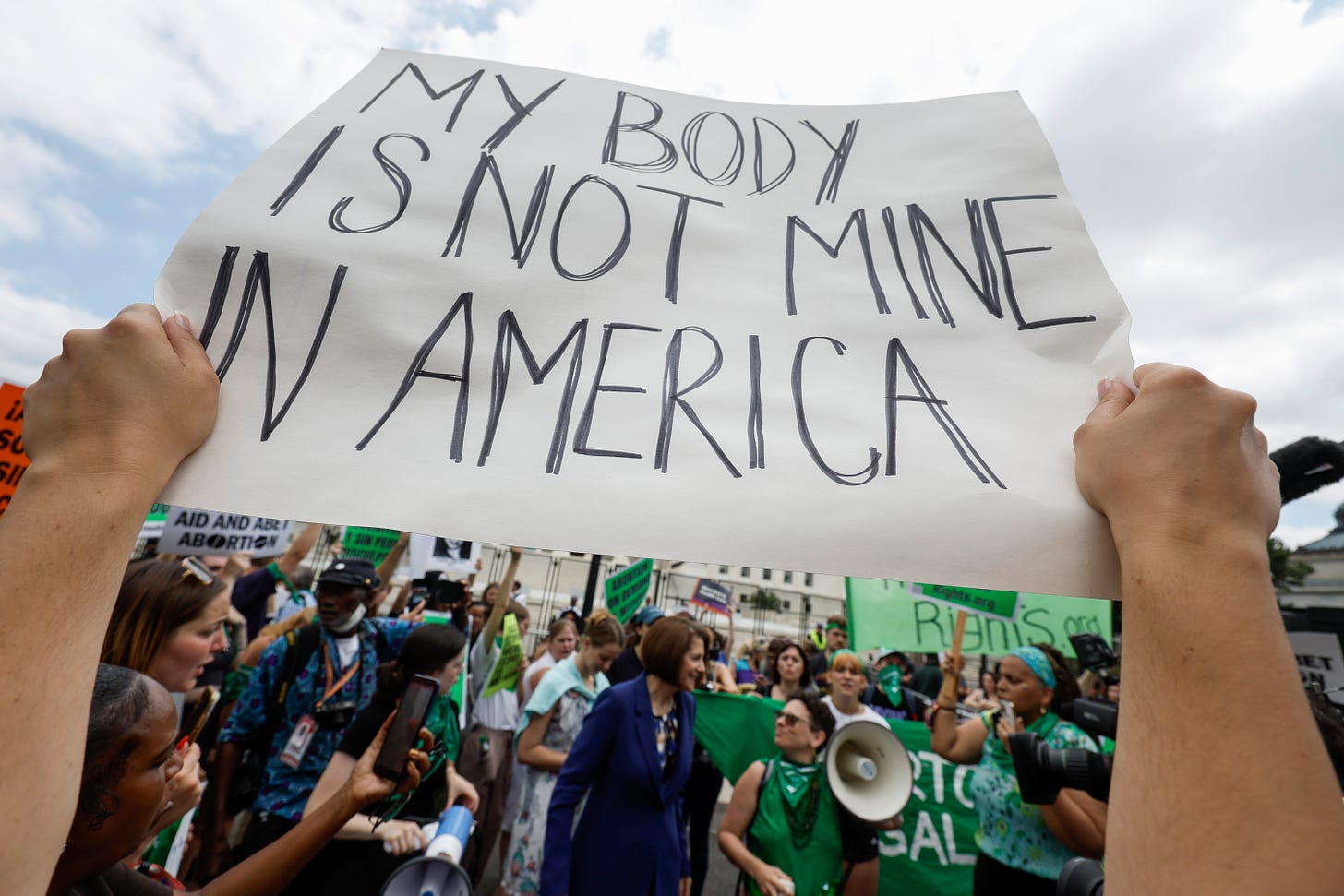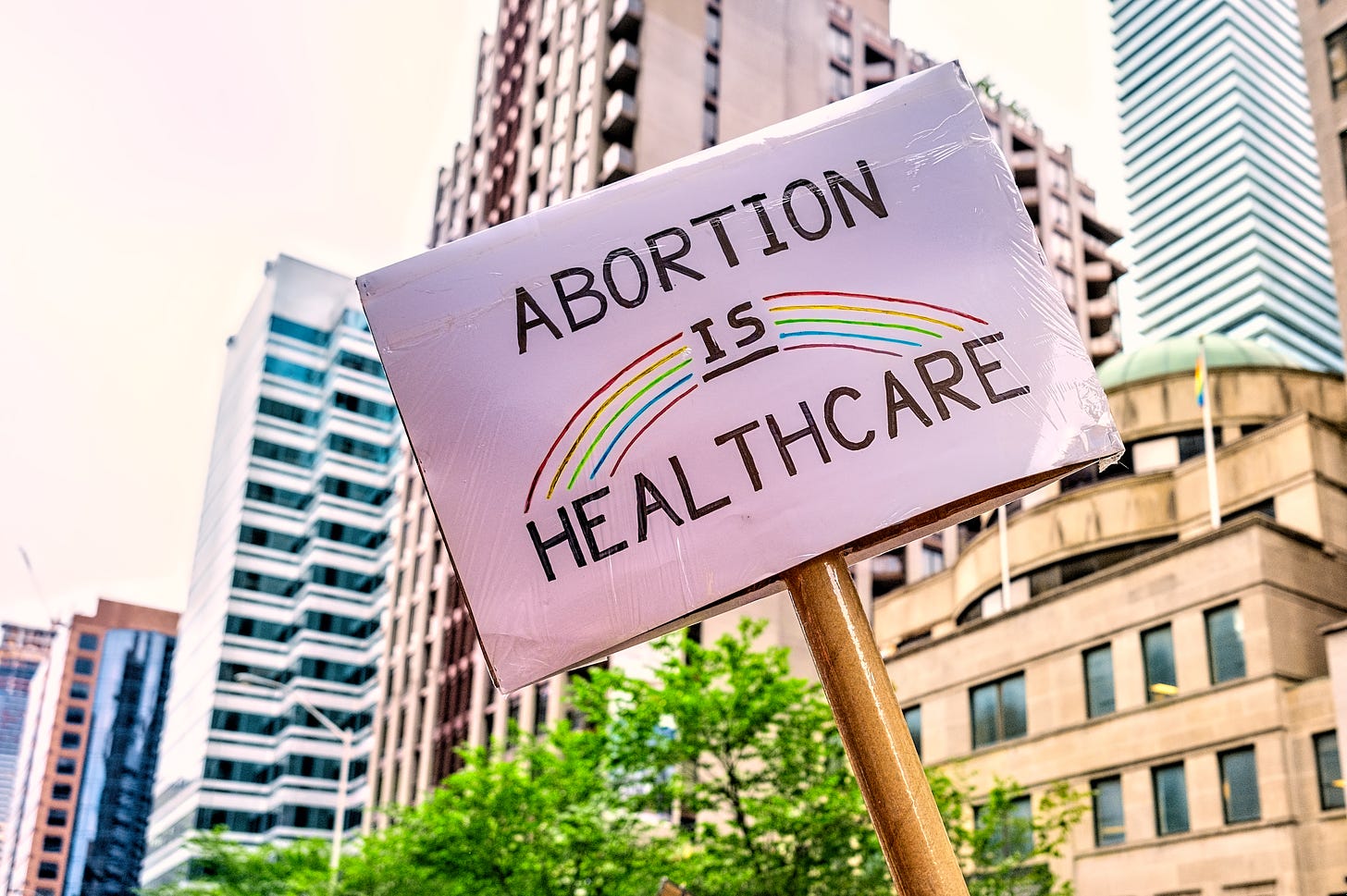Dueling Abortion Pill Rulings
As the deadline issued in a Texas Judge's ruling banning abortion medication mifepristone approaches, another ruling issued on the same day ensures this case is headed to the Supreme Court.

On Friday, a Trump-appointed federal judge in Texas issued a preliminary injunction that denies the Food and Drug Administration’s (FDA) longstanding approval of mifepristone, a medication that has been used safely for years, to end pregnancy in the first 10 weeks of gestation. On the same day, another ruling which directly competes with the Texas ruling, was issued by a federal judge in Washington State that bars the FDA from doing anything to reduce the availability of mifepristone.
On Monday, the US Justice Department filed a notice of appeal with the 5th Circuit Court of Appeals, seeking to block Judge Kacsmaryk’s ruling and allow the ongoing circulation of mifepristone while the lawsuit continues in court. A decision in this appeal must be issued soon to resolve the impending legal stalemate, and the outcome will likely support the ban, as the 5th Circuit is incredibly conservative. The three judge panel who will hear the appeal, will be randomly selected and six of the judges in the pool of 17 are Trump appointees. This does not bode well for stopping Kacsmaryk’s national order banning the medication.

The next option for the federal government would be to appeal at the Supreme Court level. Considering the need for legal guidance in determining which court order has legal supremacy, the case would likely be heard and determined fairly quickly. However, this is the same Supreme Court that issued the Dobbs ruling, effectively overturning Roe v Wade and the right to access a legal abortion in the United States. The nine-justice court has a 6-3 conservative majority and five votes would be needed to overturn Kacsmaryk’s ruling banning mifepristone.
While it could take several weeks to determine the future for a medication that has been used safely for decades, scholars have noted that the FDA has several options in the bureaucratic process of determining or changing a drug’s classification. The withdrawal of a drug within the FDA is an exaggerated process that involves hearings and deliberations that include the manufacturer.

The FDA, which currently exists under the umbrella of the Biden administration, could use a policy known as “enforcement discretion,” which would allow the agency to move forward by allowing mifepristone to stay on the market under the premise that it does not pose any safety concerns. The decades worth of data that supports the FDA using this “safety” basis is certainly available and persuasive.
The FDA also has the discretion to use another tactic to avoid a court-ordered ban. A 1985 Supreme Court ruling found that the FDA makes agency decisions, and therefore their enforcement actions are not subject to judicial review and the rulings of the Court. Under this method, the FDA could issue a notice about their plan and specify new guidance about how it will respond to any pending court orders.

The agency could then make a point to remind the public about the long-standing use of mifepristone and then recommend that in order to ensure maximum safety for patients, the medication remain a part of the established abortion regimen. Any opposition to this revised course of action within the FDA, would require a new lawsuit which would also create a delay in banning the drug.
A decision from the US Supreme Court will have to address the competing rulings that are at issue now, but that opinion could also specify some additional instructions for the FDA that could alter how the agency conducts the drug approval and reversal process. This is not likely, as any case brought on appeal of the dueling rulings would be limited to the issues at hand, and the Supreme Court extending an opinion on the FDA would not be on point or appropriate.
Ultimately, both rulings issued last Friday have created a complex legal conundrum, in which there are many players and several venues and each party may have a legal right to act. While a national mifepristone ban is not likely imminent, the possibility of the drug being pulled from shelves has encouraged several states, such as California, Washington, Massachusetts and New York, to stockpile the drug to ensure a years-long supply while this court battle continues.
The bottom line is that women in the more conservative states, who already had a limitations in securing the drugs necessary for a medical abortion, will be hindered most. In the event that Kacsmaryk’s ban does go into effect following the review of several appeals courts, it will be the states who are already suffering under the Dobbs ruling, who will be forced to seek out other alternatives. Meanwhile, national elections will continue and the voters, who are the real arbiters of justice, will vote.
Amee Vanderpool writes the SHERO Newsletter, is an attorney, published author, contributor to newspapers and magazines, and an analyst for BBC radio. She can be reached at avanderpool@gmail.com or follow her on Twitter @girlsreallyrule.
Paid subscriptions and one-time tributes embedded in each article allow me to keep publishing critical and informative work that is sometimes made available to the public — thank you. If you like this piece and want to support independent journalism further, you can forward this article to others, get a paid subscription or gift subscription, or donate as much as you like today.





Hmmm. We heard for years from conservatives how they HATED "activist judges", yet in recent years, we've seen abysmally bad legal decisions by conservative judges (not just the one by Judge Kacsmaryk, but also the terrible decision by the Supreme Court in Dobbs, not to mention the asinine decisions by Trump-appointed judges Kathryn Mizelle, U.S.D.J. (ending the federal mask mandate on planes and in airports), and Aileen Cannon, U.S.D.J. (interjecting herself into case of Trump's absconding with classified documents from the White House)). Conservatives are overjoyed with those decisions.
Huh. It's almost like what really upset them was that they just disagreed with any decisions that didn't go their way........................
The judiciary is rapidly driving itself into irrelevancy. I think it’s only a matter of time before a state or the federal government decides these conservative ideological opinions have gone too far, are unenforceable and can simply be ignored. It won’t be the Biden White House but imagine a Gen-X or even millennial president who actually has a vested interest in the future deciding a bunch of unqualified, nut job judges put there by a corrupt criminal president can be ignored. Chaos will ensue but it will be well deserved. The judiciary will have only itself to blame.